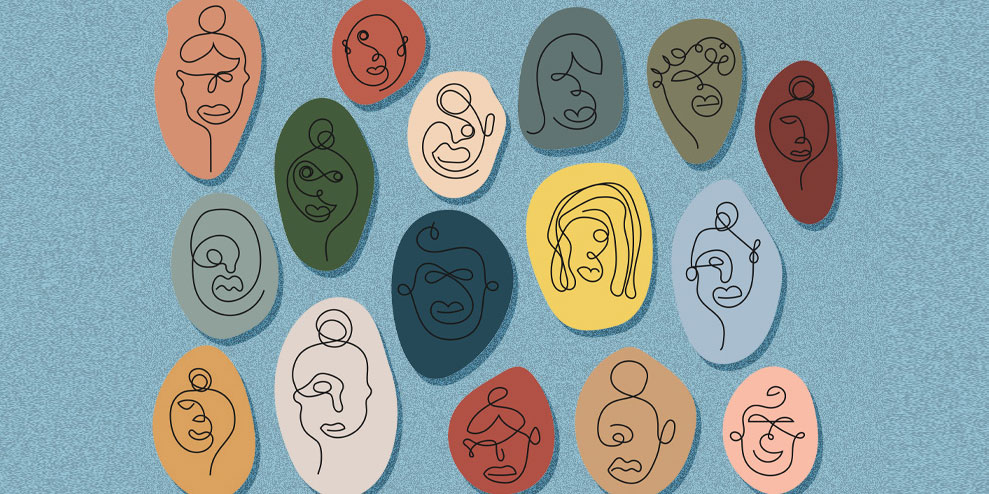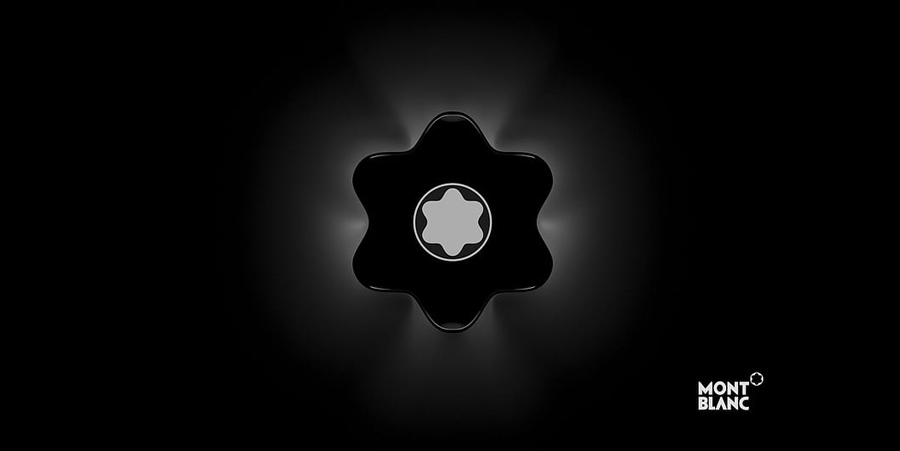The times have changed, as have buyers
Among the many things I’ve learned from Britney Spears was that “there’s only two types of people in the world. The ones that entertain, and the ones that observe.”
But times change and so do people, and today, at the risk of oversimplifying, there are only two types of people in our world and they aren’t entertainers or observers, they are culturally unconscious consumers and culturally conscious consumers.
Any other segmentation only serves to sharpen focus within these two psychographic groups, whose contribution to your market share is evolving in opposite directions.
To be clear, this isn’t about Gen Z and millennials, even if one of the shoes absolutely fits. So, let’s consider them one at a time.
The culturally unconscious consumer
These are the OG consumers. We’ve all been amongst their ranks. Many of us, situationally and category by category—even now. This mindset is the historic consumer default, buying without consideration of the ethical, social or environmental practices and values of those they’re buying from.
Does it work? Is it cheap? Yes? Good enough for them. And sometimes, me, too.
After all, right or wrong, sometimes you just want a chicken sandwich without any further analysis than its taste.
Despite a growing number of apps ready to make this consideration process easier, few of us really know the practices and commitments made by every business we buy from. As I shared last month, not all of us have a filter on what brands we bring into our lives. Too often and too many of us vote with our wallets for brands the way we do presidential candidates—deciding based on who we’d rather have a beer with (or who won’t destroy America, the world, our future, and everything we hold dear. Either/or.)
This is a market and mindset in decline, as more decisions about what we will and won’t buy will become political acts and expressions—even for chicken sandwiches.
The culturally conscious consumer
This cohort is a cross-generational, global population newly aware of their power—and our collective peril. In pursuit of change and a better world, culturally conscious consumers are brand activists voting with their wallets and keyboards. Theirs are conscious, shared-values driven purchases based on product efficacy certainly, but also and in growing numbers, on whether the corporate/brand actions and values of those they buy from—or won’t—align with theirs.
The culturally conscious consumer reflects the evolution and expansion of the conscious consumer’s consideration set, and even that of the socially conscious. Galvanized by the 1968 publication of Stewart Brand’s The Whole Earth Catalogue, this once niche group of informed and environmentally-minded conscious consumers began considering the impact their purchases had on the planet.
Fifty odd years later, accelerated by the consequences of 2016 U.S. election and similar events globally, a new population of activists has awakened not just to their power, but the need to always exercise it. Turbo-charged by Covid-19 and the finally heard calls for racial justice writ large on the cultural consciousness this summer, a company’s social, ethical, racial and cultural behaviors now share space with environmental concerns in the minds and wallets of the culturally conscious consumer.
According to Porter Novelli/Cone:
- 71% who expect companies to recognize their role in systemic racism and the 45% who will cancel brands are not willing to address these inequalities
- 56% of people say companies that don’t talk about social justice issues in their marketing are out of touch
While the culturally conscious consumer naturally seeks out culturally relevant brands, this relevance needn’t always be values driven, despite it being increasingly so.
It can be driven by shared cultural passions as well, or alone. This is what distinguishes the culturally conscious consumer from the purely socially conscious. Do you not only value what I value, but do you love what I love (like the fandom of the Nascar consumer, for instance?)
So, why does this shift matter? Because most brands don’t. It matters because this consumer’s attitudinal and behavioral evolution requires an equally focused evolution in how we market to them, which is one that our industry is proving slow to make. The brands that matter, the ones people would miss if they disappeared, the ones that stand apart, are the ones that stand for something. They are the ones that are thinking audience values and passions first.
All brands must stand for some things their audiences give a shit about, beyond functional benefits. The math is simple: values + passions = identity = path to purchase, and the inarguable data:
- 89% of consumers consider a brand’s cultural relevance a key purchase consideration
- 85% say it makes them either more loyal and/or more likely to consider switching brands
Again, many of us still oscillate between these two distinct mindsets. But the icy-cold reality of the world in which we market is that the consumer’s just not that into us.
As Rishad Tobaccowalla says, “The future does not fit in the containers of the past.” Nor will it be profitably built on the constructs of it. As the consumer’s mindset has become an activist one, so ours must as well. What are we waiting for?
This article first appeared in www.adweek.com
Seeking to build and grow your brand using the force of consumer insight, strategic foresight, creative disruption and technology prowess? Talk to us at +971 50 6254340 or mail: engage@groupisd.com or visit www.groupisd.com/story


